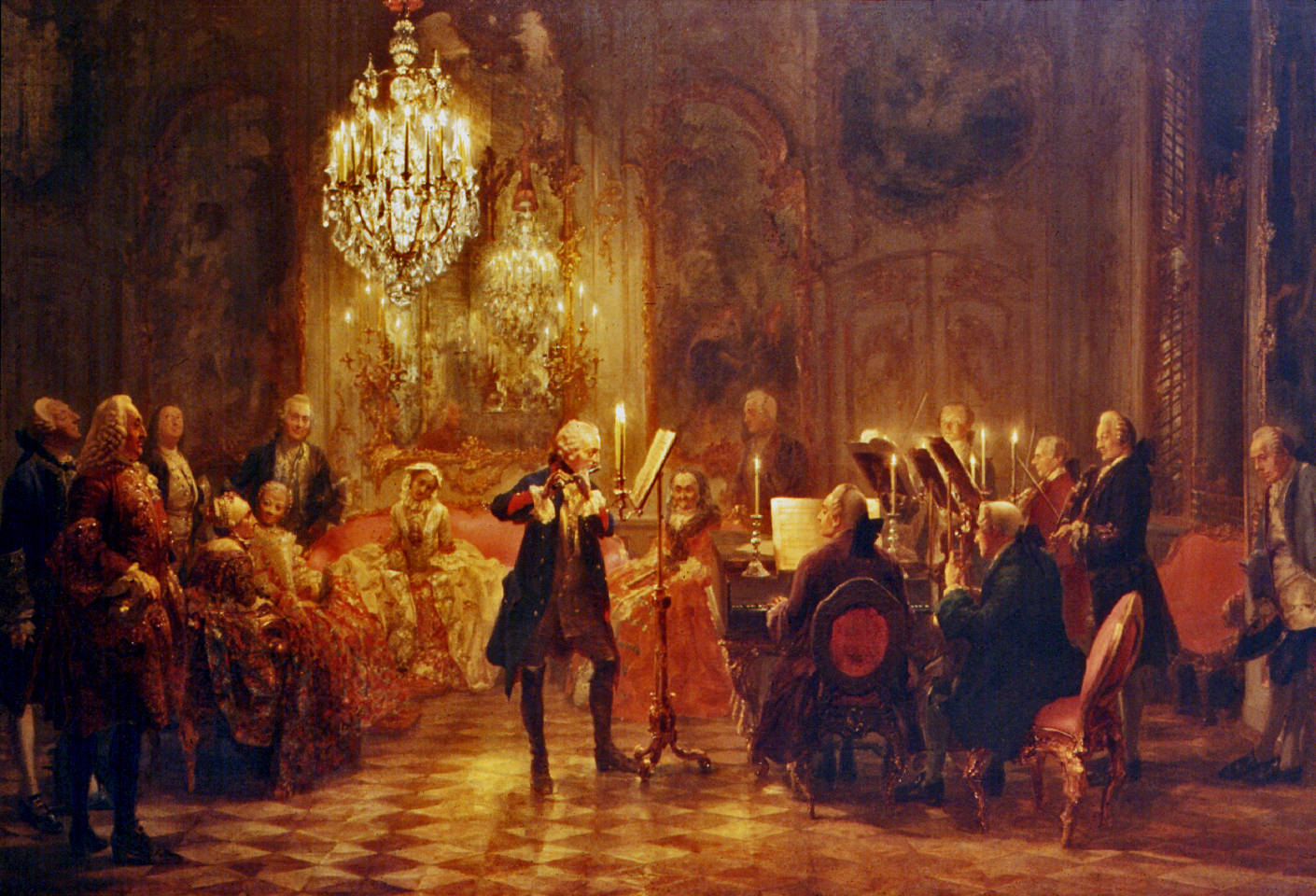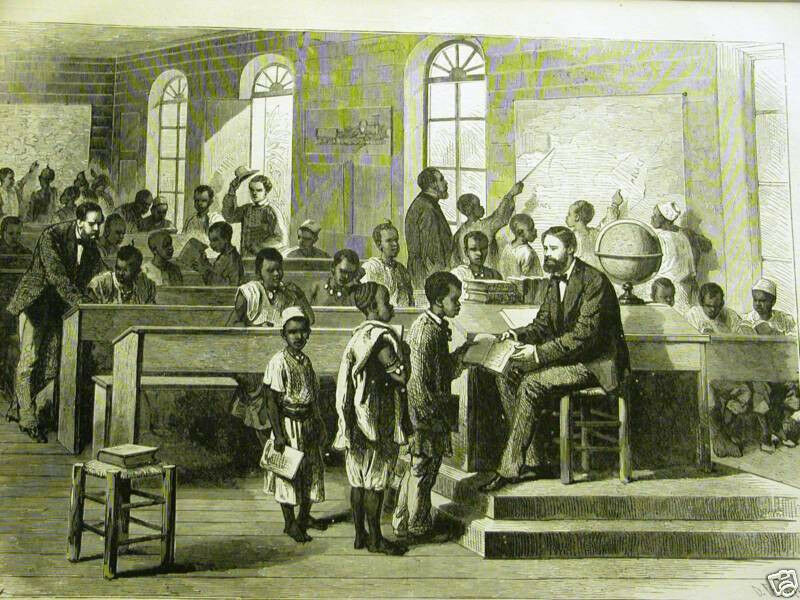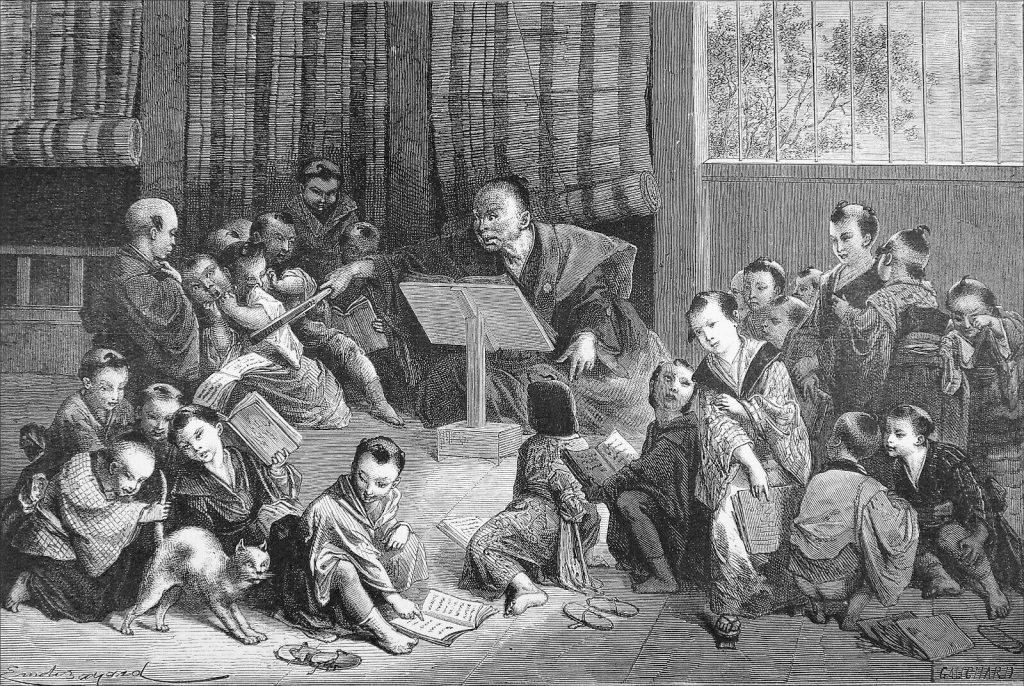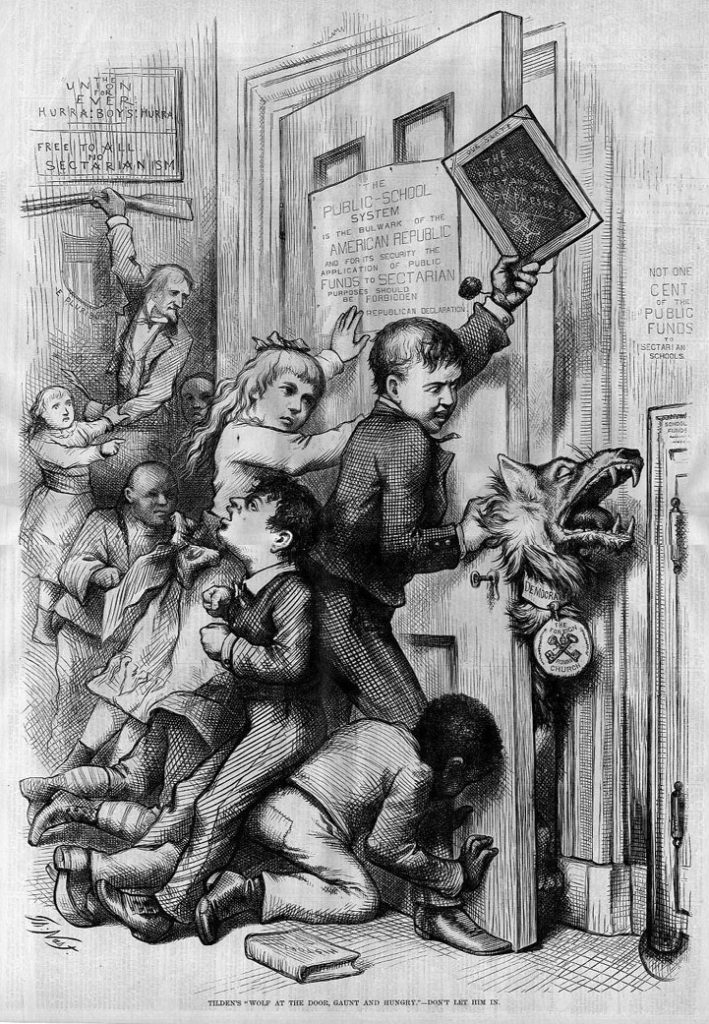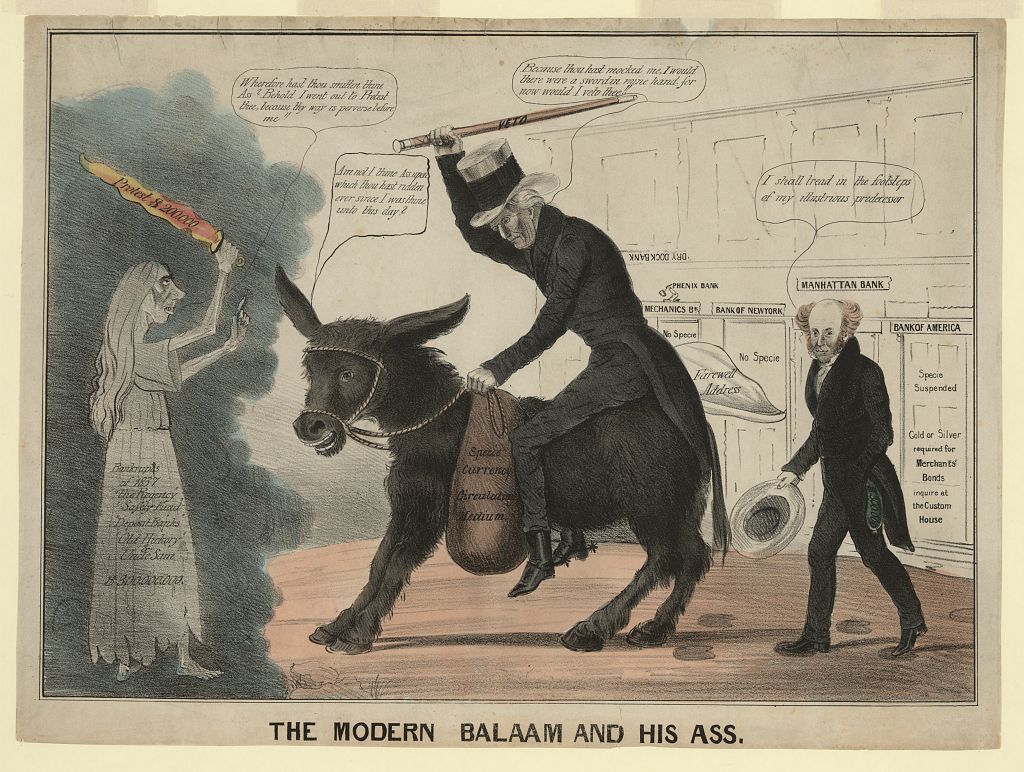Pierre Bergé (PB) was born on November 14, 1930, and he passed away on September 8, 2017. He was a French award-winning industrialist and patron. He co-founded the fashion label Yves Saint Laurent, and was a longtime business partner of the designer.
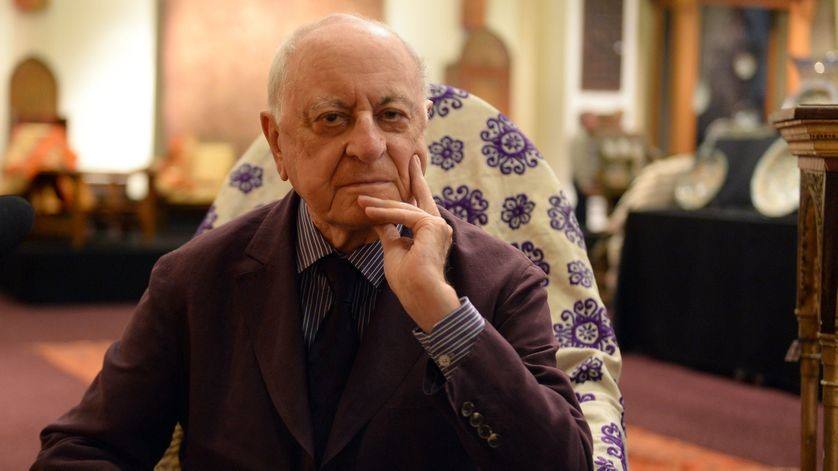
A supporter and personal friend of François Mitterrand, Bergé was often described as a social liberal. Bergé participated in all the campaign rallies of François Mitterrand (except in 1981, when he did not vote for Mitterrand). Bergé later served as President of the Association of the Friends of the Institut François-Mitterrand.
A longtime fan and patron of opera, Mitterrand appointed Bergé president of Opéra Bastille on 31 August 1988. He retired from the post in 1994, becoming honorary president of the Paris National Opera. Bergé was also president of the Comité Jean Cocteau, and the exclusive owner of all the moral rights of all of Jean Cocteau’s works. In 2010, he bought a stake in Le Monde newspaper, along with investors Matthieu Pigasse and Xavier Niel.
Bergé was also the author of several essays devoted to Yves Saint Laurent, as well as to freedom and republican values. He published a book in 2010, Lettres à Yves, which was translated into English as Yves Saint Laurent: A Moroccan Passion, in 2014.
The following conversation with independent scholar Grégoire Canlorbe (GC) was conducted in January 2017, in Paris. It was initially published in French in the March 2017 issue of the French journal, Revue Arguments. The Postil is very pleased to release the first English version of this interview.
GC: “A woman,” writes Yukio Mishima in Forbidden Colors, “is never as exhilarated with happiness as when she discovers desire in the eyes of a man.” As a fine connoisseur of the feminine soul, do you hold this remark as insightful?
PB: This Mishima’s quotation echoes what Yves Saint Laurent said about the beauty of a woman in love. “The most beautiful clothes that can dress a woman are the arms of the man she loves.” Do not think I am bringing everything back to Saint Laurent, I am not so candid! But you will agree that the resemblance of his intuition with that of Mishima is striking. What Saint Laurent had in mind, with this statement, is that a woman does not need clothes to be happy, because the essential lies elsewhere.
You describe me as a fine connoisseur of the feminine soul. This may be true, but I nonetheless think I am more aware of the male soul. As to whether I agree with Mishima, it seems to me that he is somewhat reductive in his statement. I believe that it is every human being who is never so happy as when he discovers sexual attraction or admiration in the eyes of another human being, whether the latter is a man or a woman.
GC: It is not uncommon, among conservative circles, to deplore what they perceive as a pronounced disdain for the military and religious functions – the warrior and the priest – in post-1789 society, while “merchants,” i.e., entrepreneurs and capitalists, are excessively valued in the nation. Would you say that the captains of industry are precisely the warriors of the capitalist era, the samurai of modern times, by virtue of their conquering character, their sense of abnegation, and their competitive spirit?
PB: Georges Clémenceau said, of the French Revolution, it is to take “en bloc.” In other words, if one adheres to the values of the Revolution, one must also accept the bloodbaths that accompanied the promotion of the ideals of 1789; and what the Revolution has brought to the world is too great and too decisive for us to be entitled to deny it in the name of the atrocities committed during the Terror. I regret it obviously, but the Revolution is to be taken in its entirety, with its good and its bad sides.
Your question is interesting. Unfortunately, your idealist portrait of businessmen is far from reality. I am often taken aback when I hear a politician, such as those who present themselves during this campaign period, claiming to be concerned exclusively with the fate of France. The truth is that a politician cares, in the first place, for his own interests – and only secondly for France. But those you call captains of industry, for their part, have no ounce of patriotic consideration. They care so little about the interests of France that they do not hesitate to relocate their production sites or to settle in tax havens.
I may surprise you, but I am not admiring the business company. I remember talking about it with President Mitterrand, who had somewhat let himself be distracted at the end of his first seven-year term. “You would make a mistake,” I told him in essence, “if you thought the company was there to create jobs.” He was visibly intrigued by my remark. “In reality,” I continued, “the company is there to create profits; and the day it can make a profit without creating a job, it does it.” This is all the more true at the moment. Like the assembly line a century ago, the robotization is about to allow the companies to do without a considerable part of manpower; and this is what the company is there for.
The company is there to produce, sell, negotiate, and optimize; and all the rest, I tell you straight away, is bullshit. If you ask big business leaders, you will certainly hear them claiming great principles, such as, the fight against unemployment, the economic influence of France, or its leadership in technological innovation. No doubt they will agree that they are the samurai of modern times. But let them perpetuate the custom of seppuku, if they really want to walk in the footsteps of the samurai of old! I fear very much that you will not find many who have the courage to give themselves a “beautiful death,” or even to renounce some juicy profit, to do honor to France.
GC: Feminist sociologists are generally inclined to denounce all kinds of voluntary female behavior, particularly with regard to sexual preferences or dress habits, on the grounds that these behaviors reflect “symbolic violence” from males. Yet the veil often escapes their warnings, and they even see in it a mark of feminine dignity and resistance to the diktats of male lust. How do you explain this apparent complacency on the part of feminists towards Islam?
PB: Your ascertainment surprises me. It seems to me that it is a minority of feminists, not the majority of them, who make this complacent speech vis-à-vis Islam. You do well, however, to draw attention to the possible straying of today’s feminism. Our society, imbued with gender theory, wants to make women and men equal. But equality is a dreadful word. Men and women are certainly equal before the law; they are not equal in anything else.
We evoked above the Revolution of 1789. As beautiful as the triptych on the pediment of the French Republic is, the choice of the term equality was a regrettable error. The word justice would have suited our motto “freedom, equality, fraternity” better. No human being, male or female, is equal to another, except that everyone has the right to freedom and to the pursuit of happiness. Men and women are certainly unequal; it does not follow that women are inferior to men in dignity and freedom; they are simply different.
My friend Louise de Vilmorin used to say, in essence, that if men and women were not there to perpetuate the human race, if they had no sexual attraction, a woman would walk next to a man like a rabbit next to a hat. Women and men belong to two different worlds. I have many female friends, whom I respect; and I spent my life defending women. But in wanting to make women absolutely equal to men, one ends up preaching total nonsense. The search for parity is one such nonsense. Hiring a woman on the pretext that she is a woman cancels the exercise of judgment on her objective skills, and prevents a sincere appreciation of her work and her talents.
That said, that women are rarely at the level of men in working life, and there are persistent inequalities in treatment. I will not dispute it. After centuries of female oppression by religion and the law, society is marked by old power struggles; and one cannot seriously expect the gap between men and women in business, and elsewhere, to be leveled overnight. There is no denying injustice. But denouncing this state of affairs is not an alibi to promote the egalitarian feminism on which I have just expressed myself.
As concerns, more particularly, the Islamic veil, there is undoubtedly an attempt to standardize the hijab, even the full veil, in our Western lands. I obviously denounce this trend, because I see the Islamic veil for what it is: a perfect instrument of legal and religious oppression, which is out of place in a lawful society. No coherent defender of the freedom and dignity of women can rejoice at the trivialization of this dress custom in public space and in homes.
The contemporary complacency with regard to the Islamic veil takes on a paradoxical allure, when we know to what extent the emancipatory ideals of feminism, indisputably incompatible with traditional Islam, have moreover conquered our era, not without some excesses which I have spoken of above. In your question, you do well to suggest this tension. But it is much less the feminist intellectuals and activists, rather the previously mentioned “merchants,” who advocate a spirit of misguided tolerance. I recently spoke in the media to denounce the “Islamic fashion” that several major clothing brands adopted.
When the sense of priorities is reversed to the point that the spirit of profit prevails over the values of the Republic, one can effectively claim that the City is corrupted by an excessive valuation of the market function. I told you that I do not admire, personally, the business company. I admire art and creation; that’s true. But I hate commerce and marketing. In addition, I have always felt that a fashion designer was there to embellish women, to encourage them on their path of freedom, and not to be the accomplice of misogynistic manners that are hostile to the liberal principles which are theoretically those of Westerners and, in particular, of the French since the Revolution.
GC: “A very common error… consists in believing,” Konrad Lorenz tell us in his 1972 essay, Behind the Mirror, “that feelings of love and respect cannot be associated together… I have the absolute certainty to have never loved and respected a friend more deeply than the undisputed leader of our group of children of Altenberg, four years my elder… Even those of my age whom I would classify… as inferior to me, always had some something in themselves that impressed me and in what I felt them to be superior to me… I don’t think that one can truly love someone whom one looks down on, from all point of view.” In regard to your own experience, do you subscribe to this analysis of love?
PB: All those I have loved in my life were also people I admired. I endorse Konrad Lorenz’s wording: I do not believe either that one can truly love someone that one looks down on, from all points of view. It is true that one can have a very strong sexual attraction towards someone whom one despises. One can even get on remarkably well with him in the bedroom. But if one does not admire him, one may well be subject to his animal charm, sensitive to his dangerous side, but it will not be love – even if this means deluding oneself about the tenor of feelings that one experiences towards him.
I would add that one can love and admire someone who is self-destructing before one’s eyes. It happened to me; and it was with a heavy heart that I had to bring myself to leave Yves Saint Laurent in the 1970s. Addiction is a disease just like cancer or depression. Would you stop admiring and cherishing someone because he has a tumor?
GC: It is not uncommon to hear that a “deregulated” market economy necessarily leads to growing income inequalities which state intervention is fortunately able to correct. Opposed to this first approach is notably that which estimates that, whatever the economic system considered, communism or capitalism, the market economy left to its own devices or accompanied by a redistributive system, the state of affairs is such that 20% of the population holds 80% of the national income. Which of these two opinions do you prefer?
PB: The second option that you evoke seems to me to present what has actually happened so far. All economic systems have experienced a highly unequal distribution of wealth. I do not know whether one should see in it the manifestation of an eternal law of human affairs, inscribed in the natural order of things. But as a man of the Left, I would prefer, of course, that it be possible to correct this tenacious tendency for the majority of national income to be concentrated in the hands of a minority of the population. That said, I am no longer fifteen; and I am no longer under the spell of communist or Proudhonian ideals. I will not tell you, like a François Hollande, that finance is my “enemy.” But I keep being shocked, in the age of globalization, by the indecent distribution of wealth and the dubious practices of certain companies.
GC: Which one, between Putin’s Russia, religiously Orthodox, and militant Islam, do you currently see as the greatest threat to the freedom of women and minorities?
PB: Both seem to me to be dangerous, beyond the shadow of a doubt; but the greatest danger assuredly comes from militant Islam. I am aware that the Orthodox Church is close to power and that the Patriarch of Moscow is making an authoritarian speech on social issues. Even though homosexuality was decriminalized in the aftermath of the fall of the USSR, the government expressly talks about fighting “homosexual propaganda,” in other words, the political and social demands by the LGBT community.
The fact remains that the terrorist acts which strike France and other countries in the world are concretely coming from the Muslim community. It is easy to notice that it is not the Orthodox who provoke a crash, besiege an embassy, assassinate journalists and caricaturists, take hostages in a supermarket, commit assaults in a performance hall, the street or a Christmas market, and enslave men and women.
GC: A fashionable assertion is that Western societies have secularized to the point of giving rise to a spiritual void unprecedented in human history. In the opinion of Vilfredo Pareto, in his 1917 treatise. The Mind and Society, the Christian religion has only given way to the democratic religion.
“The acts of worship of the Christian religion,” he writes, “have diminished among modern civilized peoples, but have been partially replaced by acts of the worship of socialist saints, humanitarian saints, and especially of the worship of the State and of the god, People… The Catholic processions have almost disappeared, but have been replaced by ‘processions’ and by political and social ‘demonstrations’… For many of those who deviate from the Christian religion, Christian enthusiasm has changed to ‘social,’ or ‘humanitarian,’ or ‘patriotic,’ or ‘nationalist’ enthusiasm; there is something for every taste.”
Do you subscribe to Vilfredo Pareto’s iconoclastic thesis, or to the common opinion that we have indeed come out of religion in the West?
PB: This analysis that you cite is perhaps iconoclastic, but it does not hold water. To begin with, it is wrong that the Christian religion is on the decline in the world. We mentioned earlier the Orthodoxy that is rising from the ashes. Furthermore, it is excessive to present democracy as a substitute for the Christian religion. In fact, democracy is simply not a religion. But it is quite true that the leftists regrettably tend to classify all Catholics as reactionary rightists.
I like to say that leftists, to whom the Republic very much owes its existence, have emptied the churches to fill the museums. I totally agree with it. But we certainly have not replaced Catholic worship with socialist worship. It is foolishness to pretend that we would worship a “State god” or a “People god.” The state does have a significant weight in society; and the ambient discourse is indeed articulated around the values of assistantship, secularism and the nation. But none of this has ever taken on nor could have ever taken on a religious character.
I fail to see how Christian practices and beliefs would have diminished on the grounds that democratic institutions were gaining ground. They have certainly decreased, at least in France, but if they have done so, it is certainly not in the context of a competition with the values and customs of the Republic. The reason for this relative decline of Christianity, more particularly Catholicism, is to be found in the obsolete side of its beliefs and practices. After having been in the spotlight for two thousand years, not without the support of force, to the extent that the Church burned heretics, they are simply going out of fashion.
In the end, what has changed with the secular Republic is not that a new official cult has tried to supplant Catholic worship, but that religious affairs have been relegated to the private sphere. This was not the case before. Let us not forget that the Catholic Church has persecuted the Protestant community from which I come. Even if religion now belongs to the intimate sphere, and no longer to the political sphere, the religious beliefs of Catholic citizens have of course an impact on their electoral preferences and on their positions about a given subject in society or a given draft law.
As evidenced by a recent survey, relayed last week by an article in Le Monde, it is however a biased perception that every Catholic is opposed to marriage for all or to surrogacy. In reality, there are multiple scenarios among Catholic voters. A number of them are politically right-wing, when it comes to the economy, and yet sensitive to left-wing concerns about so-called social issues. I think, therefore, that we have to take a step back from the overly obvious prejudices that we leftwing men commonly share about Catholics.
GC: Thank you for your time. Would you like to add a few words?
PB: You did well to request this interview. Now I would like it if you tell me about yourself.

